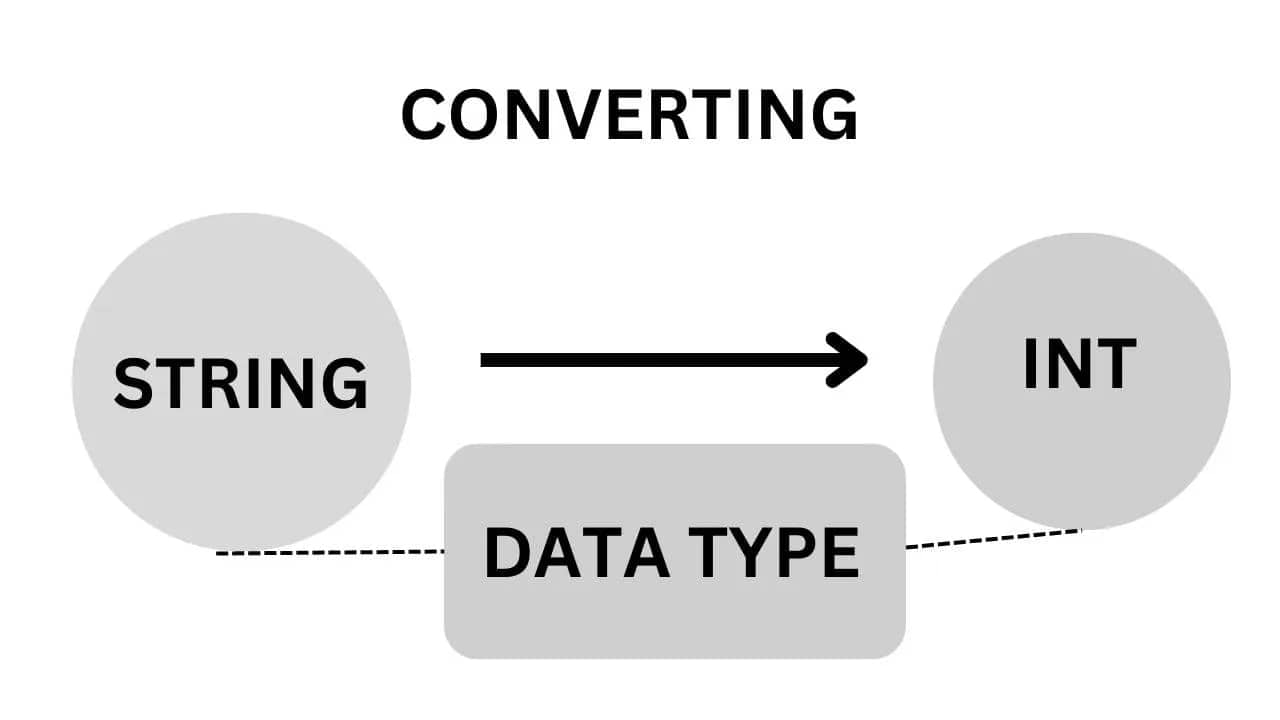The Java Virtual Machine (JVM) is an integral part of the Java platform. It is a virtual machine that provides the runtime environment for executing Java bytecode. The JVM acts as an intermediary between the Java programming language and the underlying hardware and operating system.
Here are some key points about the JVM:
Execution of Java bytecode: Java source code is compiled into platform-independent bytecode, which is a binary format that can be executed by the JVM. The JVM’s Just-In-Time (JIT) compiler dynamically translates the bytecode into native machine code for the specific hardware and operating system it runs on.
Platform independence: One of the main benefits of the JVM is that it allows Java programs to be executed on any system or platform that has a compatible JVM implementation. This “write once, run anywhere” principle enables Java’s portability across different operating systems and hardware architectures.
Memory management: The JVM manages memory allocation and deallocation, including the automatic management of objects through a process called garbage collection. This relieves developers from the responsibility of explicitly allocating and deallocating memory, making Java programs more robust and less prone to memory-related errors.
Security: The JVM includes various security features to ensure the safe execution of Java programs. It enforces memory access restrictions, bytecode verification, and runtime access controls to protect against malicious code execution.
Class loading and runtime environment: The JVM dynamically loads and verifies Java classes as they are needed during program execution. It provides a runtime environment that supports various features, such as multithreading, exception handling, and dynamic memory allocation.
Performance optimization: The JVM incorporates various performance optimization techniques to improve the execution speed of Java programs. The JIT compiler analyzes the bytecode at runtime, identifies frequently executed code paths, and optimizes them to native machine code for efficient execution.
JVM implementations: The JVM is not limited to a single implementation. Different vendors provide their own JVM implementations, including Oracle HotSpot, OpenJDK, IBM J9, and more. While they all conform to the Java Virtual Machine Specification, there may be some differences in performance, optimizations, and additional features.
It’s important to note that the JVM is not limited to executing Java programs alone. It can also run other programming languages that target the JVM, such as Kotlin, Scala, Groovy, and Clojure. This opens up the possibility of using these languages alongside Java, taking advantage of the JVM’s features and ecosystem
The JVM continues to evolve along with the Java platform, with new versions and updates being released regularly to improve performance, security, and compatibility.



